Lok Sabha Elections: First Phase Voting Begins
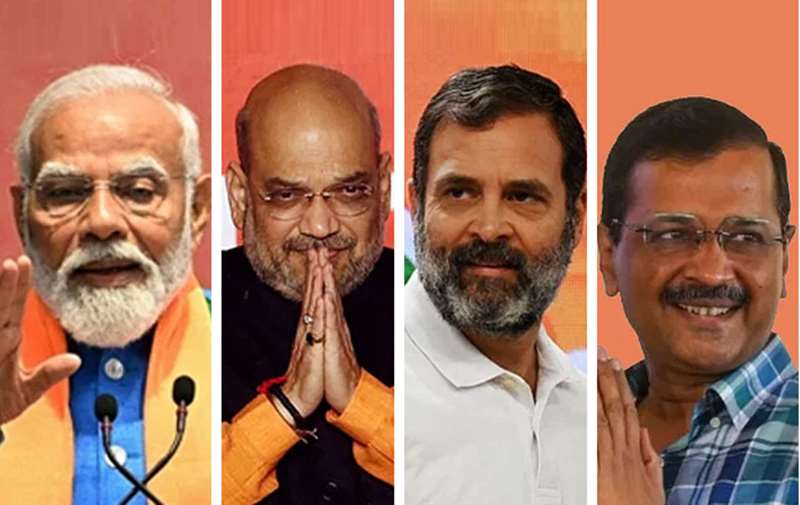
Narendra Modi, Amit Shah, Rahul Gandhi and Arvind Kejriwal
Today marks the commencement of the first phase of India's 18th Lok Sabha elections, the world's largest democratic exercise, with approximately 100 crore eligible voters participating. This colossal electoral event spans seven phases and will ultimately decide the composition of the next parliament, determining the political landscape of the nation for the next five years.
The ruling Bharatiya Janata Party (BJP), led by Prime Minister Narendra Modi, seeks to secure a third consecutive term in power, while a multitude of opposition parties, including the Indian National Development Inclusive Alliance (‘India’), led by the Congress, aim to challenge their dominance.
A staggering 543 members of parliament will be elected across India in what is undoubtedly a monumental event in the country's democratic history. The extensive seven-phase polling, spread over six weeks, is set to conclude on June 1, with the results expected to be unveiled on June 4.
The fate of prominent national and state-level parties and candidates hangs in the balance as voters cast their ballots. Among the key contenders are the BJP, Congress, the Aam Aadmi Party (AAP), and the Communist Party of India (Marxist), alongside a multitude of state-level parties and independent candidates.
The BJP, the world's largest political party boasting around 18 crore members, has significantly transformed India's political landscape since its inception in 1980. Under the leadership of Narendra Modi, who ascended to power in 2014, the BJP has maintained a firm grip on governance.
Prime Minister Modi, born and raised in Gujarat, has emerged as a towering figure in Indian politics. His popularity remains undiminished as he seeks re-election from the Varanasi constituency in Uttar Pradesh, a populous northern state.
Amit Shah, a close confidant of Prime Minister Modi and the Union Home Minister, plays a pivotal role in advancing the BJP's agenda, particularly in matters concerning national security. Shah is contesting for re-election from the Gandhinagar seat in Gujarat.
In contrast, the Congress, India's oldest political party, faces an uphill battle amidst the BJP's ascendancy. Led by Rahul Gandhi, the party's star campaigner, Congress endeavors to revive its political fortunes and challenge the ruling party's dominance.
The Aam Aadmi Party (AAP), born out of a robust anti-corruption movement in 2011, seeks to consolidate its position, albeit facing challenges stemming from internal controversies and legal entanglements.
Trinamool Congress, a significant player in Indian politics, particularly in West Bengal, grapples with internal discord while striving to maintain its stance as a formidable opposition force against the BJP.
As the electoral saga unfolds, India stands at a critical juncture, poised to determine its political trajectory for the foreseeable future. The outcome of this momentous election will not only shape the nation's governance but also reverberate across the global political landscape, underscoring the enduring significance of democracy in the world's largest democracy.

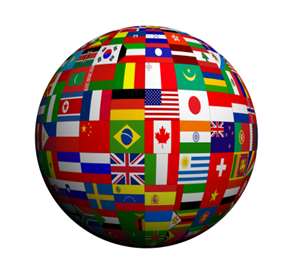
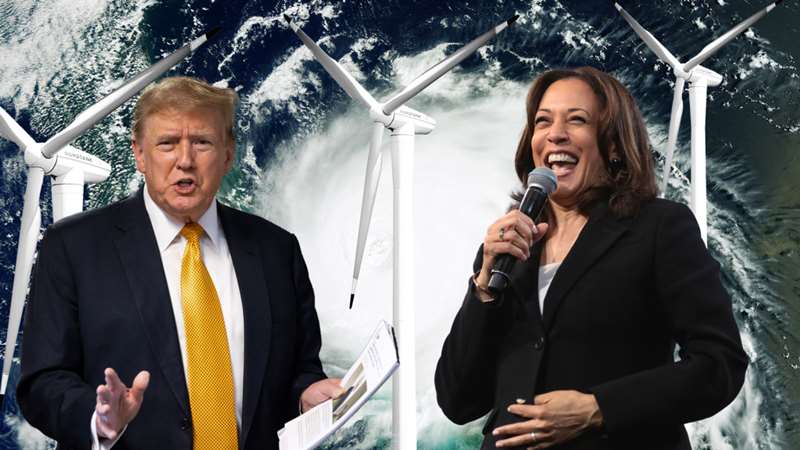
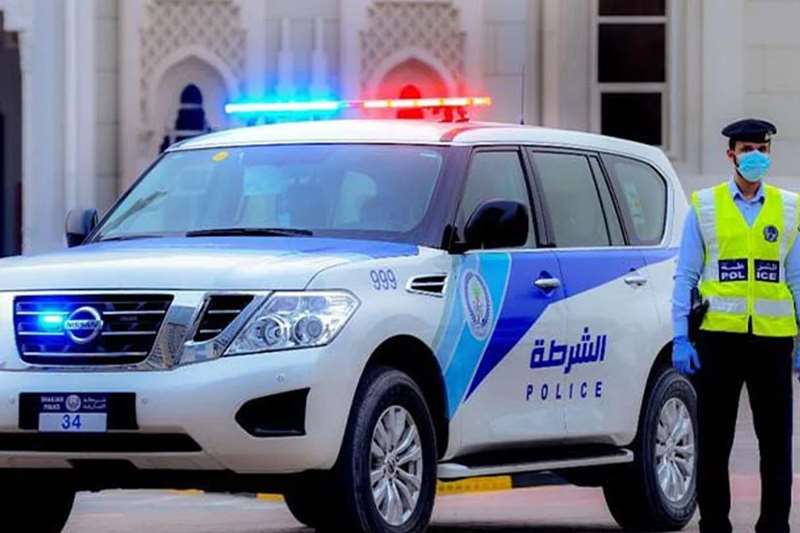
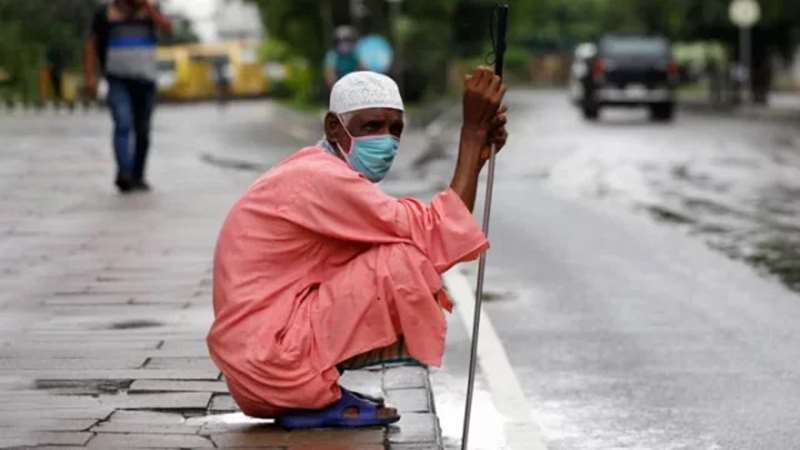





পাঠকের মন্তব্য